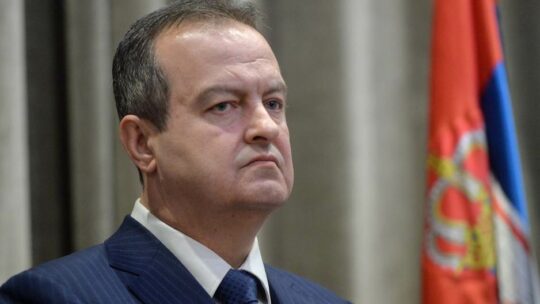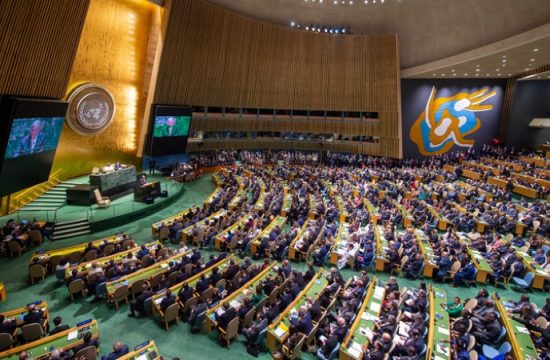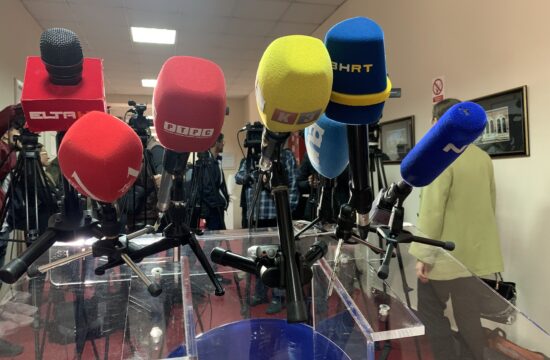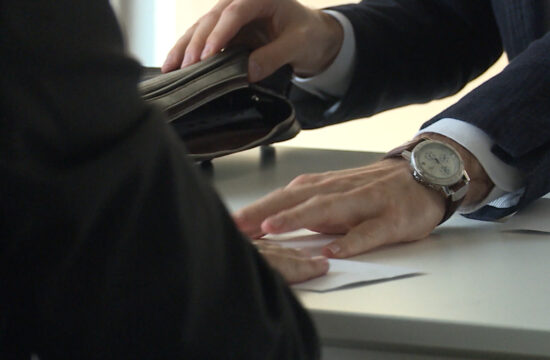It is expected that Bosnia’s EU integration process will be stalled for a while as it is currently an election year in the country, EU integration and geopolitics expert Slaven Kovacevic told N1 on Friday.
“It is very likely that we can expect a delay in this entire process as it is an election year, and I doubt that the coordination process will be engaged in full capacity,” Kovacevic said.
Bosnia had formally applied for the EU membership candidate status in February 2016 and was to provide answers to 3,242 questions in a European Commission Questionnaire as part of the process within six months. It took the country much longer to send back the answers because of deep political and ethnic divisions.
In February this year, Bosnia's senior officials handed over the answers to the Questionnaire to EC President Jean-Paul Juncker, after which the country expected the Commission's opinion to its EU membership application.
But the EC sent back a list of 655 follow-up questions, for the sake of clarifying and providing missing information regarding some of Bosnia’s answers in the original questionnaire.
“Although we knew that we would get additional questions, the number of them in worrying as the questions we were sent are at a much higher level than what other countries which are applying for candidacy status were asked,” Kovacevic said, explaining that the type of follow-up questions Bosnia now must answer are to a large extent political and concern basic democratic principles in a country.
The EC looks at each country through the three Copenhagen Criteria, the political, the economic and the administrative institutional one, he explained.
“They looked at us through those additional criteria, and most of the additional questions we got are regarding the political criteria which concern democratic principles in this country, the rule of law, the protection of basic human rights and the rights of minorities,” he said, adding, “It is obvious that our country did not satisfy what was expected from a country which is seeking candidacy status.”
Regarding the economic criteria, Kovacevic said that the EC and European institutions have a special stance when assessing countries in the Western Balkans and that regional cooperation between the countries in the region is a factor.
“A country that wants to begin its European integration process must have enough capacities to accept the competitive challenges that come with an enlarged market. The small country of Bosnia must have such a free market that it can enter a competitive race in such a large market as is the market of the EU,” he said.
One of the questions the EC wants Bosnia to resolve is the term “constitutive nation”, Kovacevic said, explaining that “this can be interpreted as someone being given more rights” and that the EC wants to know what the legal basis of that is and how Bosnia will act in regard to protecting the equal rights of all citizens at an individual level.
“This will be a painful question for our political elites. Europe will not adjust itself according to us. We must meet the conditions that were put before us by the EU,” he said.




